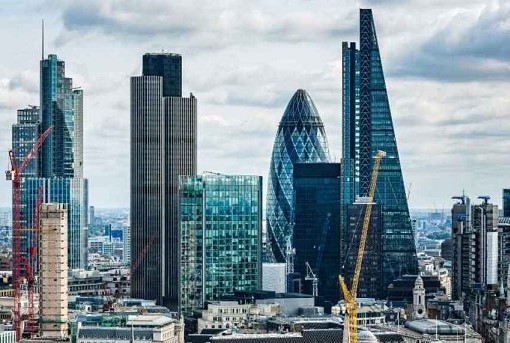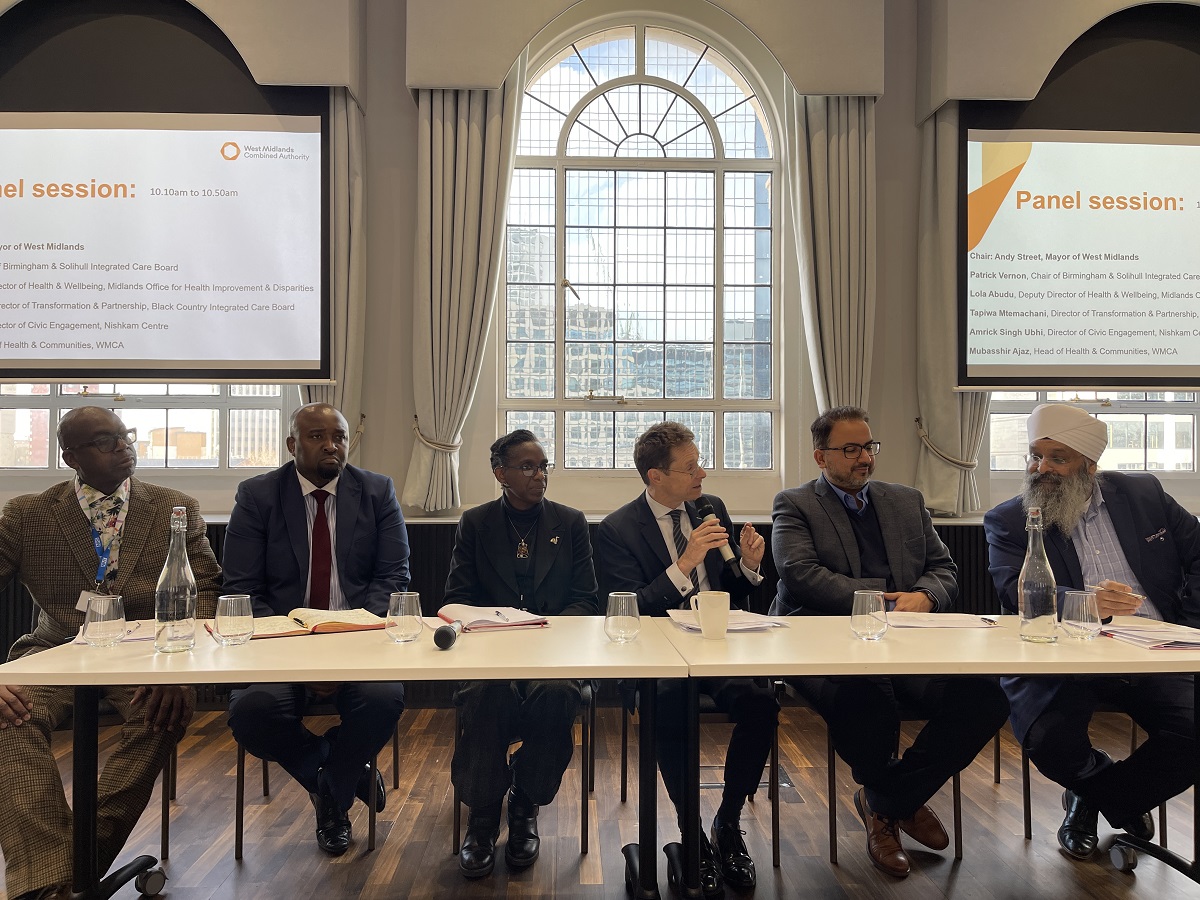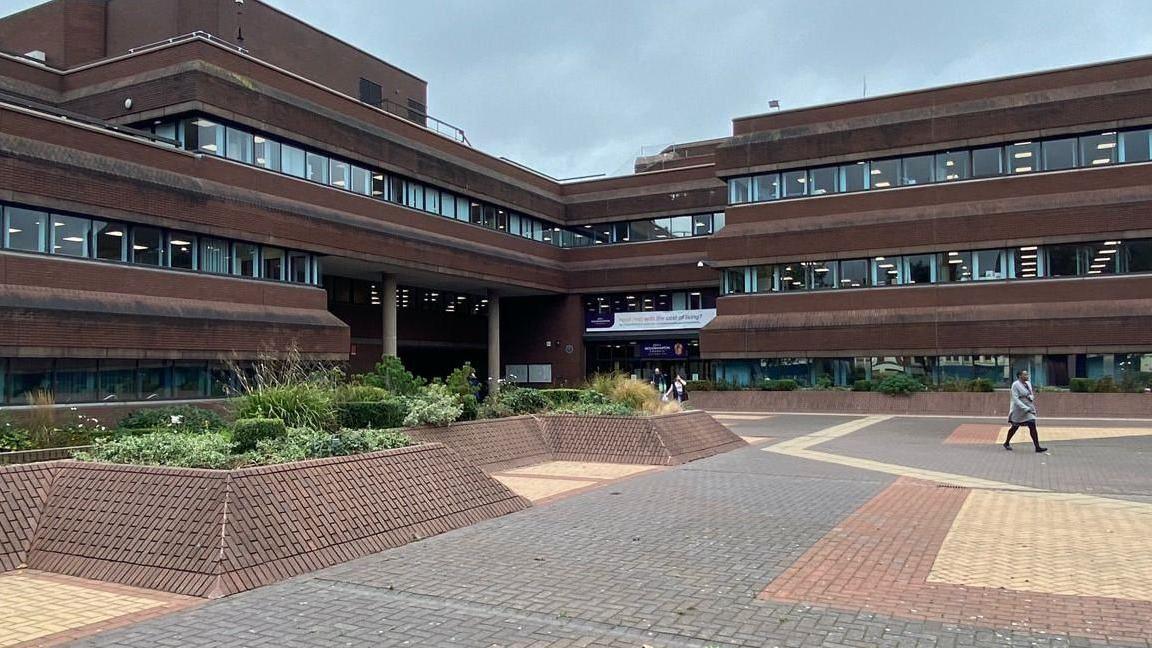Actions set out at the height of the Covid pandemic to tackle health inequalities across the region have already helped thousands of people improve their fitness and wellbeing.
A meeting of the Health of the Region Roundtable, chaired by Andy Street, Mayor of the West Midlands and chair of the West Midlands Combined Authority (WMCA), has heard how slow but steady progress is being made on delivering a wide-ranging and long-term action plan aimed at closing the region’s health gap.
The Health of the Region: Addressing health and wellbeing inequalities and the impacts of COVID-19 in the West Midlands report was published in 2020 and found there were entrenched health inequalities in the region that had been both exposed and exacerbated by the Covid-19 pandemic.
Two years on and significant work has been done by the organisations involved, with 46 of the 65 commitments they set out in the Health of the Region report either being delivered or starting to be embedded into relevant policies and processes to ensure health inequalities are addressed in their everyday operations.
Among the commitments being delivered on the ground is a long-lasting physical activity and wellbeing legacy for the region developed by the WMCA and the Birmingham 2022 Commonwealth Games (CWG) delivery partners to encourage people to get active in targeted areas of poor health. This has seen more than 16,000 pieces of Games sports equipment donated to community organisations as well as the setting up of physical and mental health activity groups.
Other commitments put in place include:
- The WMCA’s Thrive into Work programme which has already supported 3,524 people with health conditions and helped almost 900 into employment.
- The West Midlands Fire Service’s (WMFS) programme of signposting residents to health and care services such as smoking cessation support which has resulted in people quitting and being less likely to inadvertently cause a fire.
- The Royal Wolverhampton NHS Trust which has become the first health trust in the Black Country to achieve the Race Code Charter Mark – a framework for achieving race diversity at board and senior levels to improve the diversity and representation of its workforce.
More than 100 organisations gathered in Birmingham this week for the Health of the Region Roundtable, which focussed on the progress being made and what can be done to mitigate the additional impact of the rising cost of living on health outcomes.
The Mayor said: “It’s encouraging to see that so much positive work has been done right across the region over the past two years. I’m delighted to see the substantial efforts our partner organisations have made – in some respects even going beyond what they had committed to in the Health of the Region Report.
“Despite the significant challenges faced by the NHS and wider health sector post-Covid, we’ve made real progress. But there is more work to be done collectively as we continue to address the disparities in health and wellbeing that local people sadly experience right across our region. I remain hopeful that - by working together - we can do exactly that.”
The Health of the Region 2020 report was originally commissioned before the pandemic but was subsequently widened and extended to include the effects of Covid-19, taking into account evidence put forward by the public, health care providers, businesses and other organisations about how the pandemic had impacted their lives and operations.
Findings included:
- People living in the WMCA region have a shorter life expectancy than England overall and spend more of their lives in poor health.
- The rate of premature deaths from preventable causes (such as cardiovascular disease, cancer, liver disease and respiratory disease) is higher than the national average, as is the rate of infant mortality. It is believed these correspond to higher rates of problem drinking, obesity (child and adult) and physical inactivity, as well as lower cancer screening.
- Most areas in the WMCA region have a greater level of socioeconomic deprivation than the national average, with approximately a quarter of children living in low-income households. The report concluded that health inequality is linked to wealth inequality.
- The highest rates of COVID-19 related deaths have come in more deprived areas, and neighbourhoods with a greater proportion of residents from Black, Asian, and Minority Ethnic communities.
Patrick Vernon, chair for NHS Birmingham and Solihull, said: “The roundtable discussion provided a good opportunity to set out our system-wide vision and plans for tackling health inequalities in the context of the challenges that people in Birmingham and Solihull tell us that they are experiencing day in, day out.
“We have put in place a dedicated strategy which sets out how we can do this collaboratively with our partners. A key part of this looks at how we commission services more effectively, focused on making decisions informed by population data, ensuring we measure impact on advancing equality, adding social value and reducing these inequalities.
“This means we are actively working to direct existing resources to where there is greatest need, making services more accessible and free of barriers.” A full list of the commitments and the progress made is on the WMCA website.











